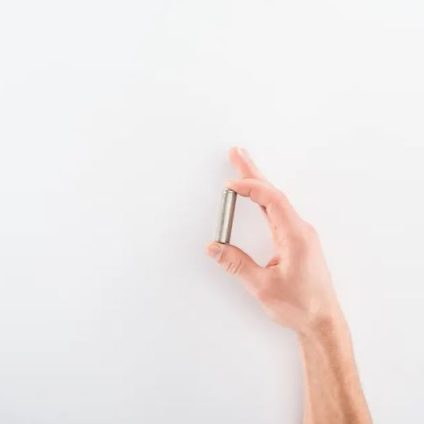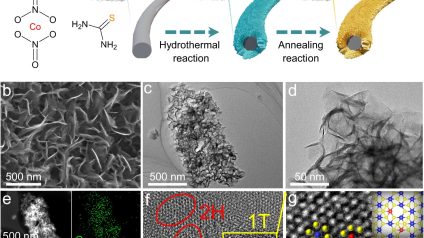Form Energy will collaborate with West Virginia to build the first Fe-O2 battery plant in the state, alleviating the energy unemployment created by the coal crisis
A new production center for iron air batteries in the former steel center of West Virginia
Iron, water and air. These are the main ingredients of the rechargeable batteries of Form Energy, a startup from Massachusetts engaged in the creation of new tools for the long-term accumulation of the network. The young company has collected in recent months several investments and today is preparing, in agreement with the West Virginia government, to build the first commercial-scale production plant of iron air batteries. The factory will be located in the former steel city of Weirton, will be active from 2024 and will create at least 750 jobs.
A promising news for innovation stars and stripes but especially for the economy of West Virginia that today is planning a series of strategic investments to boost local employment. The contraction of the coal industry, which is less competitive than the new clean technologies, has led to the loss of thousands of jobs in the state (as well as in the rest of the country) in the last ten years.
On the other hand, as recalled by Form Energy in a press release “Weirton is a historic steel site with a strong natural infrastructure and in a region of the country with the know-how to make great things from iron”.
The advantages of Fe-O2 batteries
Air iron batteries are part of the class of rechargeable metal-air, equipped with a pure metal anode (lithium, sodium, zinc, magnesium potassium, etc.) and an external cathode in direct contact with the air. The strong point of the iron-air is the extreme economy of the components, all very abundant, non-toxic and environmentally friendly. In addition, each cell is filled with a non-flammable water-based electrolyte.
The principle behind the operation of this technology is what is called “reversible rust”. In practice, during discharge, the battery “breathes” oxygen from the air and converts iron into iron oxide (or rust). During charging, the electric current converts rust to iron. Obviously the performance is not yet that of lithium-ion batteries, but they should be able to offer higher energy densities and complete the functions of ion-Li technology.
Form Energy iron air batteries
Each single battery module is about the size of two washing machines side by side and contains a stack of about 50 Fe-O2 electrochemical cells a meter high. The modules are grouped in protected enclosures which in turn form modular power blocks on a megawatt scale. Depending on the size of the system, tens to hundreds of these power blocks can be connected to the mains. “Our first commercial product that uses our iron air batteries technology is optimized to store electricity for 100 hours at system cost competitive with traditional power plants”.
“After a year-long nationwide site selection process, started with the identification of over 500 candidate locations in 16 states, it became absolutely clear that Weirton, West Virginia, a historic steel community that sits on a river and has the rich heritage and know-how to do great things with iron, is the ideal place for our first commercial battery factory,” said Mateo Jaramillo, co-founder and CEO of Form Energy. “We look forward to working with community leaders in Weirton in the coming months to determine how we can best support the needs of local residents in the area through lasting community partnership and engagement”.













